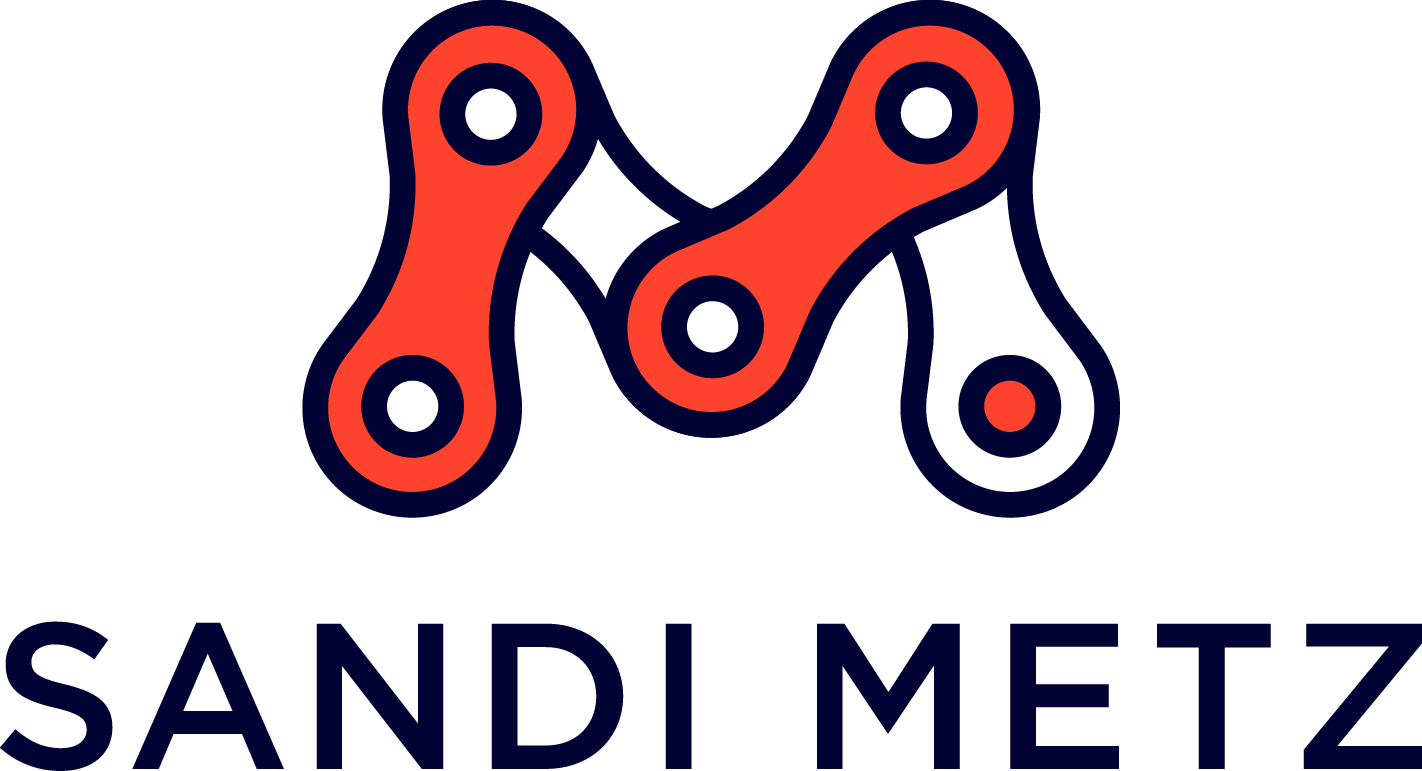Good Morning,
I've been thinking about the affordances of programming languages.
A Little Background
In my previous post, Breakin Up the Behemoth, I posited an explanation for why OO apps so often evolve a few, disproportionally large, unmaintainable, condition-filled classes. Unfortunately, that post didn't offer a cure for this problem; it just gave the less-than-helpful advice that you avoid that situation.
This post continues to explore the problem of classes that get too large. My hope is by that learning to recognize the imminent appearance of the big-class-slippery-slope you can avoid accidentally sliding down it.
I've been thinking about how applications evolve, and what we might do if we're unhappy with the results. Three apparently unrelated ideas have been percolating in my head. In this newsletter I'll introduce each one and connect them together, in hopes that understanding these connections will help us understand our apps.
I've been thinking about why we argue about code, and how we might transform vehement differences of opinion into active forces for good.
My thoughts spring from a very specific context. Ten or twelve times a year I go to an arbitrary business and spend three or more days teaching a course in object-oriented design. I'm an outsider, but for a few days these business let me in on their secrets.
Here's what I've noticed. In some places, folks are generally happy. Programmers get along. They feel as if they are all "in this together." At businesses like this I spend most of my time actually teaching object-oriented design.
Other places, folks are surprisingly miserable. ...

